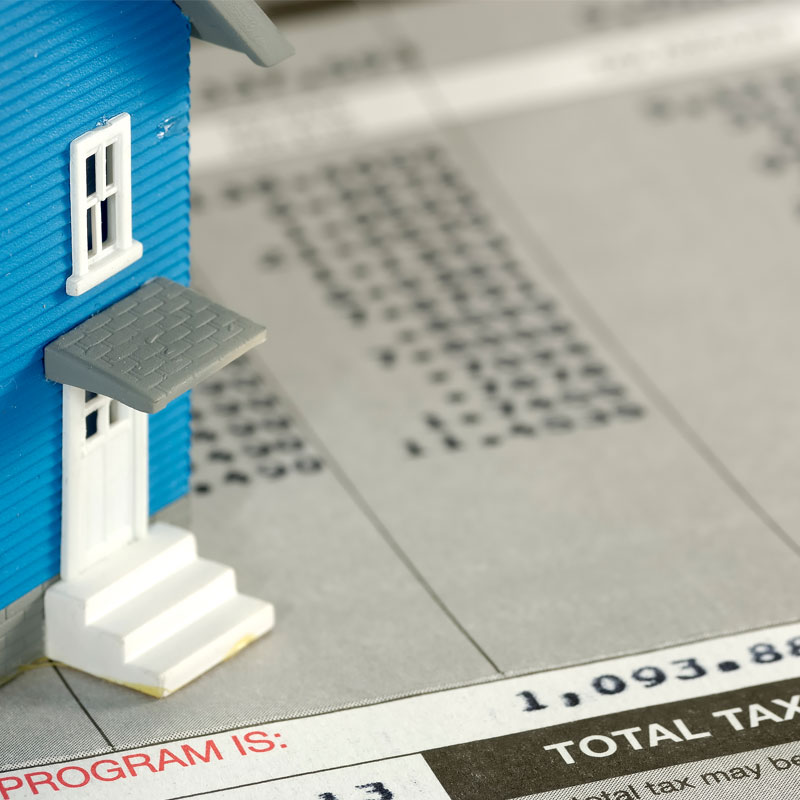Introduction
China’s phenomenal economic growth has captivated the world, yet one peculiarity stands out in its financial landscape—the absence of a comprehensive property tax system. While property taxes are a cornerstone of revenue generation and real estate market regulation in many countries, China stands as an anomaly. In this exploration, we will unravel the multifaceted factors influencing China’s unique choice to abstain from implementing a property tax system. We will also delve into the potential ramifications this decision holds for the nation’s economic landscape.
The Absence of a Property Tax
China’s decision to forgo a property tax system raises questions and piques curiosity. In most countries, property taxes serve as a vital source of income for local governments and a mechanism for wealth redistribution. However, China has consciously avoided the establishment of a uniform property tax system. Let’s embark on a journey to understand the reasons underpinning this choice and the possible implications it carries.
Reasons Behind the Unique Decision
Several factors contribute to China’s unique choice to abstain from implementing a property tax system:
1. Political Considerations
China’s centralized political structure plays a pivotal role in this context. Local governments in China heavily rely on revenue generated from land sales, which they use to finance local infrastructure projects. The introduction of a property tax could potentially reduce the importance of land sales as a revenue source, potentially leading to financial instability at the local level. As a result, the central government has been cautious about introducing property taxes that could jeopardize the financial foundation of local governments.
2. Real Estate Market Concerns
The Chinese government is wary of destabilizing the real estate market, a key driver of economic growth. The real estate sector has a profound impact on various industries and, consequently, the broader economy. The introduction of a property tax, which could affect property values and demand, is seen as a risk that might lead to market instability. Hence, the government has been hesitant to implement such a tax without a thorough understanding of its potential consequences.
3. Socioeconomic Impact
The establishment of a property tax system in China would have diverse socioeconomic effects. Wealthier individuals who own multiple properties could potentially bear a heavier tax burden, while lower-income homeowners might be negatively affected. The Chinese government must carefully assess the potential impact on different segments of the population and ensure that the introduction of a property tax does not exacerbate social inequalities.
Potential Implications
The absence of a property tax system in China has significant implications, affecting various aspects of the nation’s economy and society:
1. Overreliance on Land Sales
Local governments in China heavily rely on land sales for revenue, leading to a scenario where local governments are heavily dependent on land sales as a source of income, sometimes at the expense of other revenue sources. The overreliance on land sales can hinder economic diversification and stability, as local governments may prioritize land sales over other crucial areas of development.
2. Speculative Real Estate Activity
The absence of a property tax can encourage speculative real estate activity. Without a property tax to incentivize property owners to use their properties efficiently or discourage property hoarding, there’s a risk of increased speculation that could drive up property prices. Such speculation can potentially create a real estate bubble, posing a significant risk to the nation’s financial stability. A property tax can serve as a tool to curb speculative behavior and promote a more stable real estate market.
3. Wealth Disparities
The absence of a property tax system means that the burden of local taxation remains unequal. Local governments primarily rely on sales tax and fees, which can disproportionately affect lower-income individuals. This situation can exacerbate wealth disparities, which is a concern in China as the government has expressed a commitment to reducing income inequality and fostering a more equitable society. The introduction of a property tax would allow for a more balanced distribution of the local tax burden.
4. Sustainable Development
China’s rapid urbanization and economic growth necessitate sustainable development. A property tax system can incentivize landowners to utilize their properties more efficiently and promote sustainable urban planning. By encouraging the responsible use of land, property taxes can contribute to more sustainable, environmentally friendly, and efficient urban development.

Comparative Table: Property Tax in China vs. Other Countries
To provide a clear overview, let’s compare China’s property tax approach with that of other countries that have established property tax systems:
| Aspect | China | United States | United Kingdom |
|---|---|---|---|
| Presence of Property Tax | Absent | Present | Present |
| Revenue Source | Heavy reliance on land sales | Property tax, local property assessments | Council Tax, Business Rates |
| Real Estate Market | Caution to avoid destabilization | Property taxes support local governments | Property taxes, significant local authority funding |
| Socioeconomic Impact | Potential wealth disparities | Varied impact depending on local tax rates | Council Tax and Business Rates are a common source of local government revenue |
| Sustainability | Limited promotion of sustainable development | Encourages responsible land use | Promotes sustainable urban planning |
Conclusion
China’s unconventional choice to abstain from a property tax system is a striking feature of its economic structure. While political and market considerations have contributed to this choice, it has far-reaching implications. Overreliance on land sales, speculative real estate activity, wealth disparities, and sustainable development are some of the key issues that need to be addressed.
As China continues to evolve as a global economic leader, policymakers will need to carefully consider the introduction of a property tax system. Striking a balance between revenue generation, market stability, and socioeconomic equality will be crucial in shaping China’s economic future. The introduction of a property tax system can offer a more equitable distribution of the local tax burden, promote sustainable development, and reduce the risk of a real estate bubble. This step, if taken thoughtfully, could contribute to a more stable and balanced economic landscape in China.




